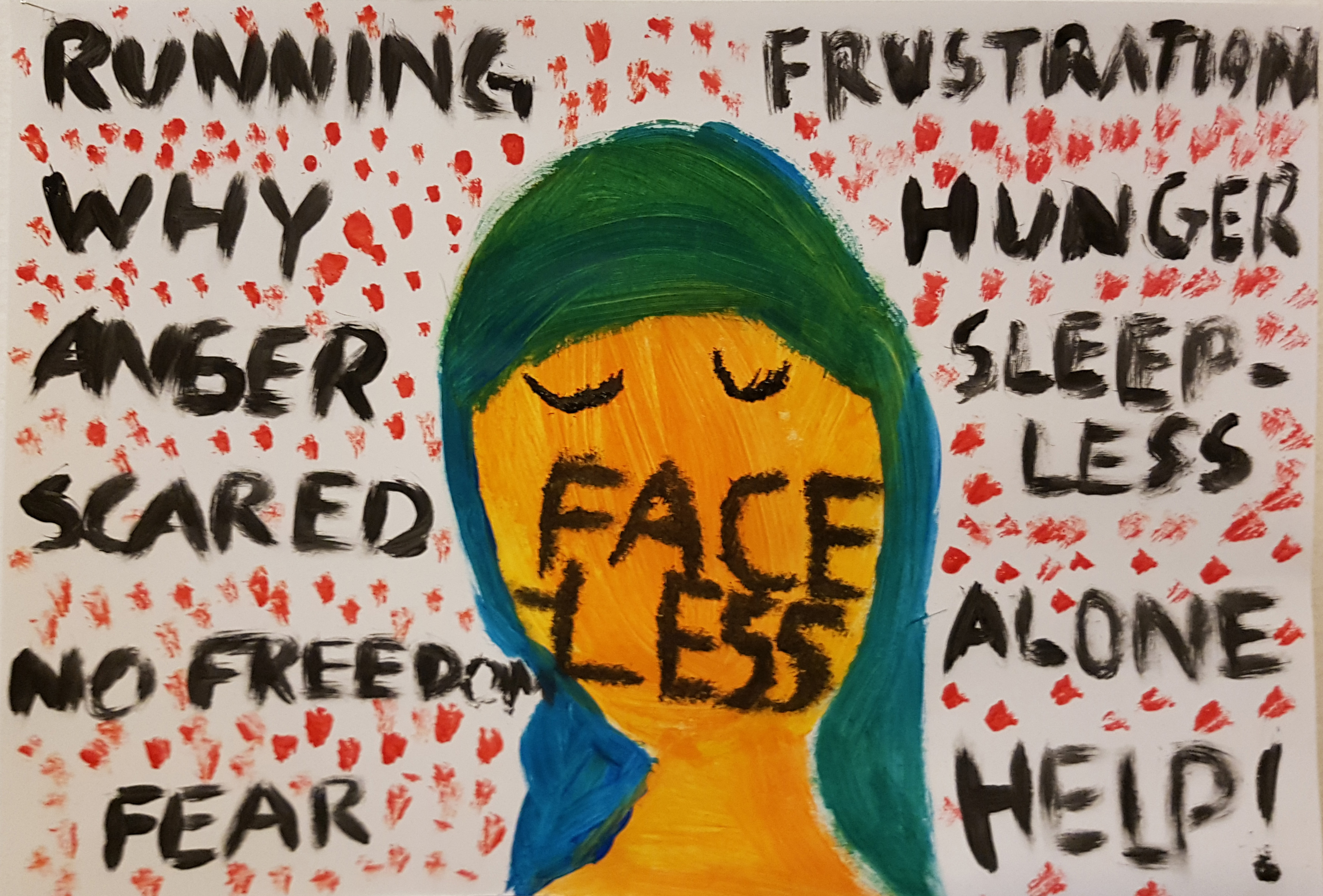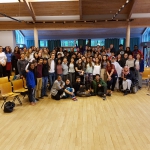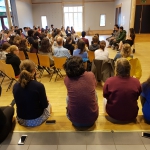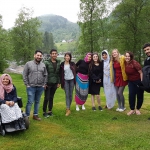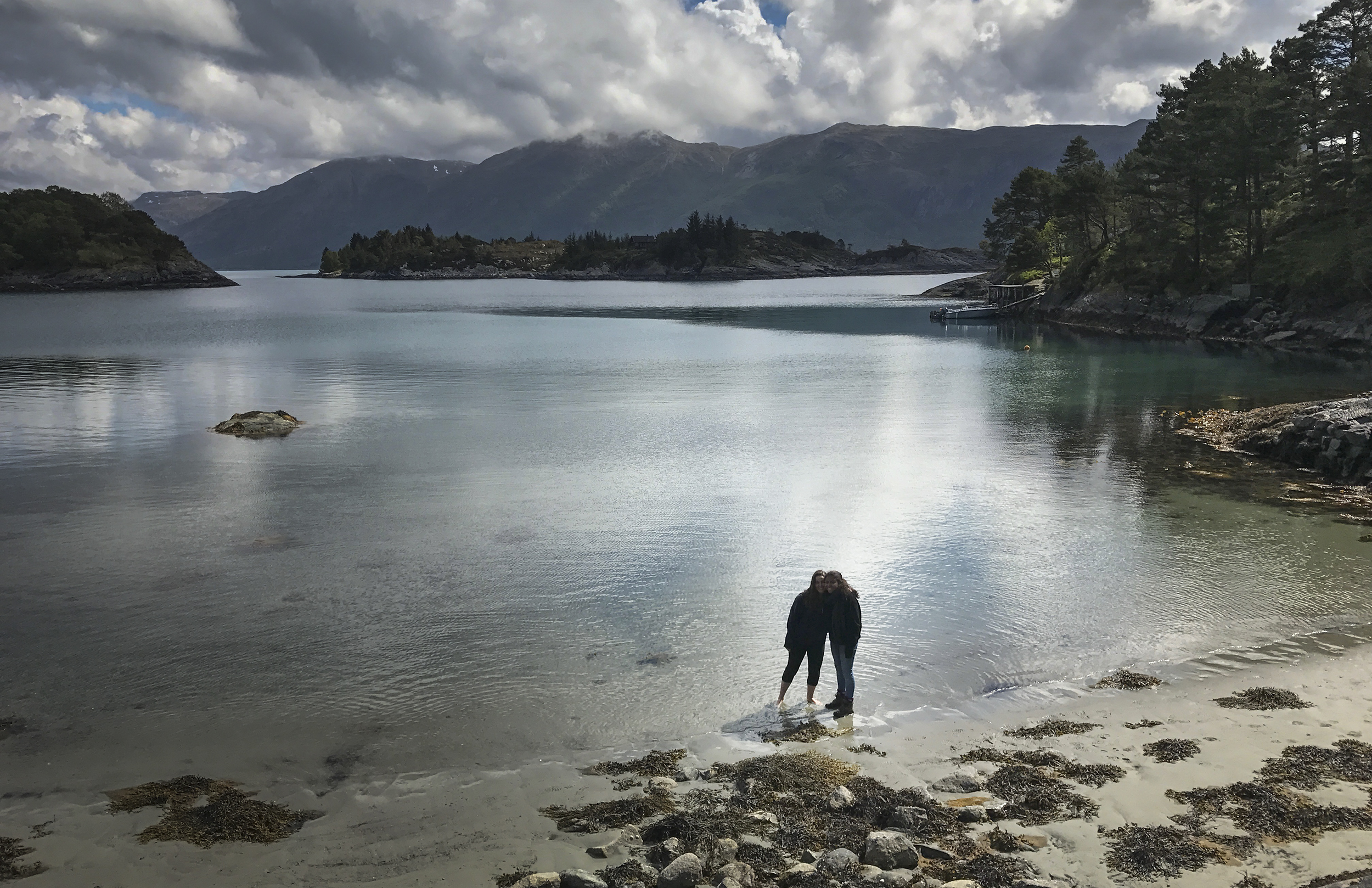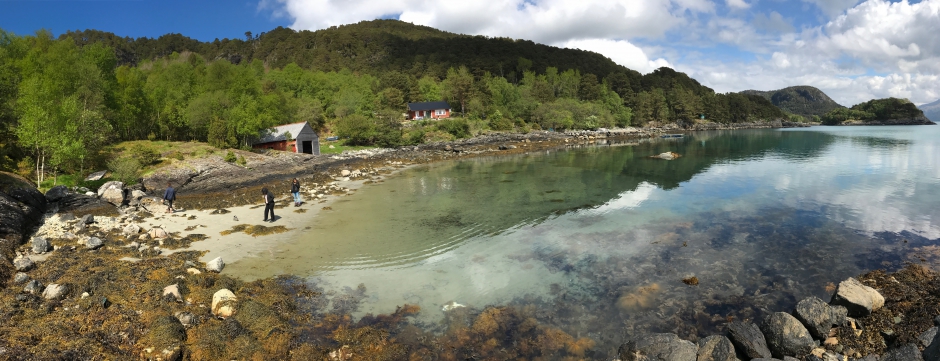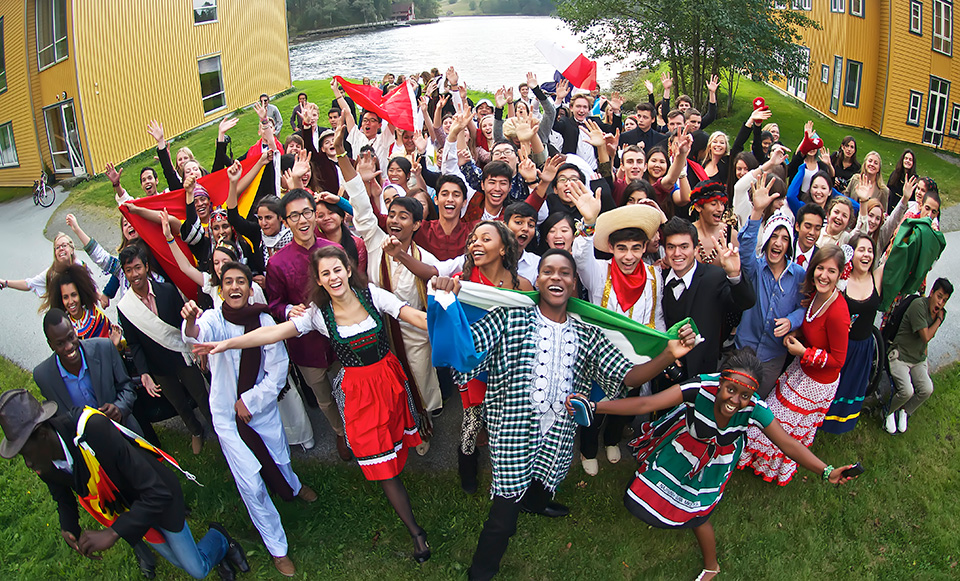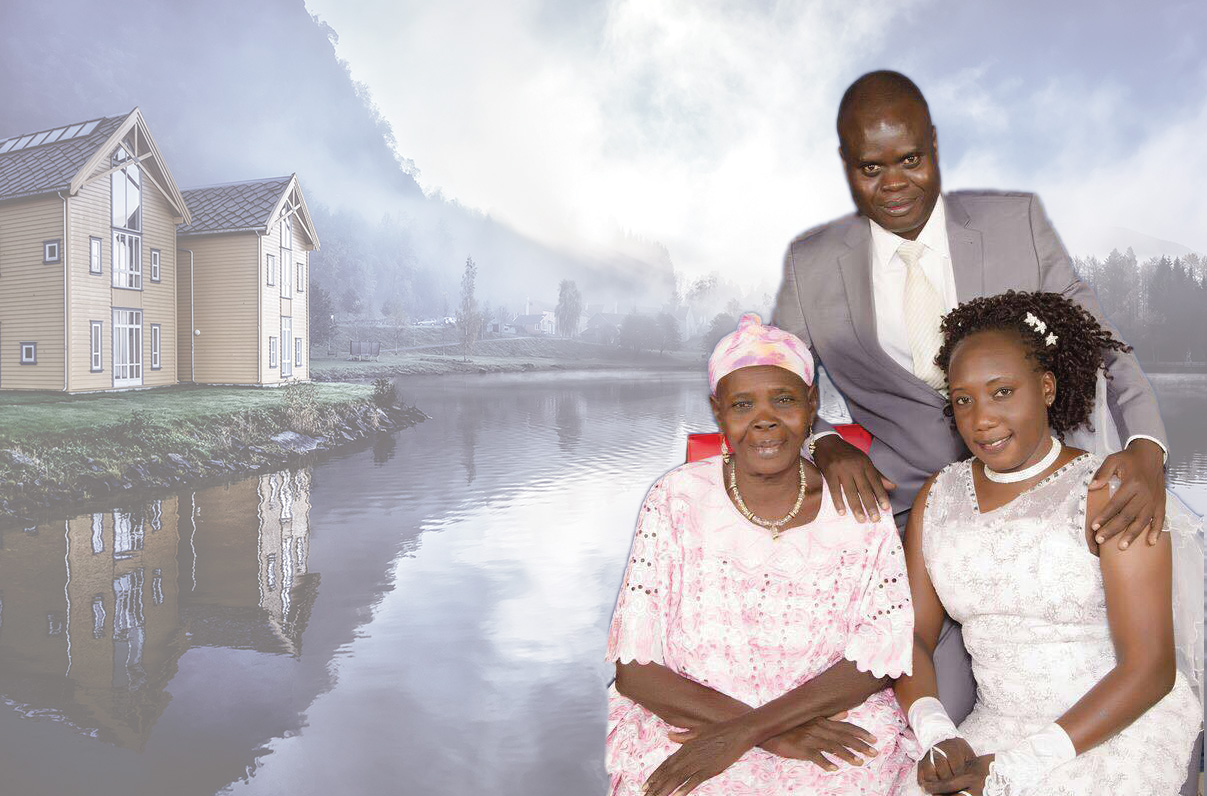På Flukt – On the Run
The Red Cross refugee simulation På Flukt (on the run) has been held on the RCN campus many times over the years, and prompts students to reflect on the extreme challenges that refugees face through implementing a ‘heart-to-heart’ approach – i.e. – the students undergo a series of activities which simulate to a much lesser degree those which might be experienced by a refugee fleeing their country – with the aim to produce empathy and a deeper understanding.
It is understood that a 24-hour simulation, regardless of its intensity, cannot possibly replicate the real experience of running from your country in fear of your lives, encountering obstacles of many kinds throughout the journey to your final destination, only to be told you are not welcome, but through the different stages of the exercise many students passed through moments of hunger, exhaustion, fear, hopelessness, frustration, anger, and uncertainty, and these tiny tastes of discomfort may have prompted reflection on what it is like to be an asylum seeker. In order to enhance this awareness, each student belonged to a family and had time to create a personal and shared history within that grouping before the simulation began, in order to gain a deeper insight into some of the real reasons why a person might be forced to flee their home.
We wanted to focus this year on enabling the students to have a deeper level of political, cultural and emotional knowledge on the topic before they began the simulation, to enable them to create deeper reflections during the activity itself. Pre-simulation workshops helped to initiate thinking about some of the challenges of losing people and material possessions that are important to us in the desperate search for safety and the possibility of a future. Red Cross Youth Instructors assumed numerous roles in the role play, while RCN staff became guides for the duration. Once the role play was over, the Red Cross leader, Maren Helland carried out a debrief with the students to encourage them to connect their experiences with some real life stories.
Over the course of the next few days there were further opportunities to listen, reflect, and express feelings and thoughts about the På Flukt experience, including a thoughtful programme put together by those students exempted from På Flukt. In addition, we welcomed 4 guests who are currently living at Førde Mottak, a reception centre for asylum seekers who are awaiting responses to their applications for permission to stay in Norway. Our visitors shared the story of their difficult journey from Syria to Norway, then responded to many questions from the audience. We were very grateful to have been offered real-life stories to counter impressions too often portrayed by the media. The powerful narrative gave us much to think about, not only in relation to the recent På Flukt experience, but also our ongoing commitment to engaging with mottak residents as part of our programme. When asked what we could do to help, the main speaker replied, “You can visit us more.”
A great deal of feedback from all participants has been collected and will be considered in order to improve the way that we focus on this significant topic for next year’ students. The active participation of both the students involved and the students who helped to create the evaluation material should be commended, as should the excellent commitment offered from a strong team of RCN staff.

